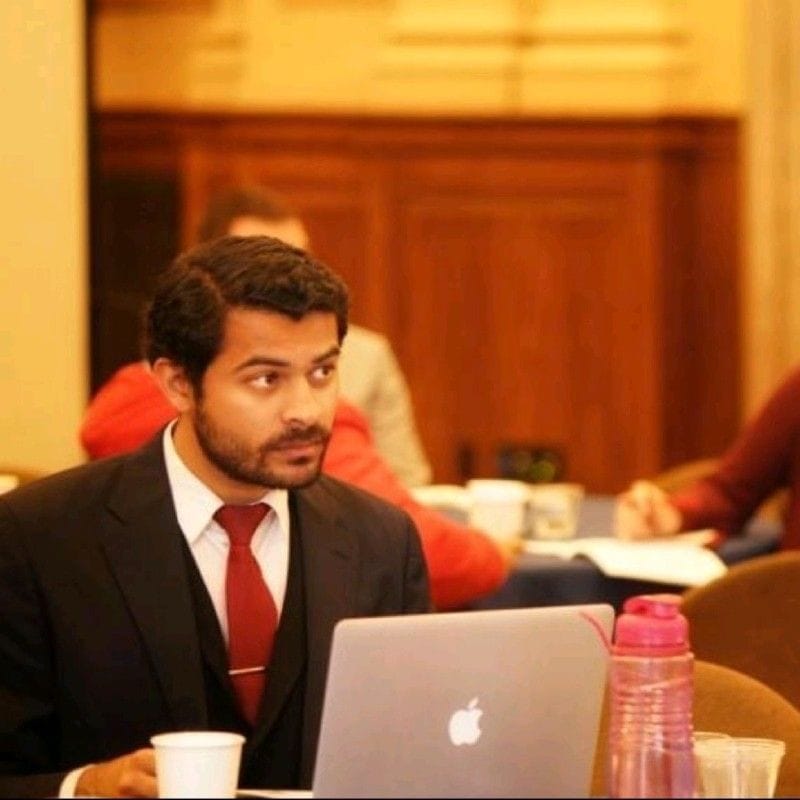
Tl;dr
In February 2021, we filed Right to Information (‘RTI’) applications with the Department of Telecommunications (‘DoT’) and Mahanagar Telephone Nigam Limited (‘MTNL’). We asked for the number of websites they blocked because of orders of competent courts in 2020 and 2021, and copies of such orders. While DoT did not provide us with complete information, MTNL claimed exemption under S.8(1)(a) and 8(a)(d) of the RTI Act, 2005. We appealed to the Central Information Commission (‘CIC’), which held hearings on both the RTIs on 20.09.2022. Before the hearing, MTNL reconsidered its stance and informed us that it had blocked 4700 websites in 2020 and 2021. On the other hand, CIC directed DoT to provide copies of the banning orders from 2020 and 2021.
Why should you care?
DoT had directed the banning of 3725 websites till February 2021, and MTNL blocked 4700 websites in 2020 and 2021. This is a considerable number. Censorship of these websites directly impacts the right to speech on the internet. Thus, examining the underlying orders based on which such websites have been banned is essential. As a result of our efforts before CIC, we now have copies of those orders. We believe an analysis of these orders could provide important insight into the nature of information being censored by courts. We will study these orders and inform you of our findings.
RTI Applications
Courts regularly issue orders/judgments banning websites, URLs or applications in the exercise of powers under statutes such as the Copyright Act, 1957 or the Trademark Act, 1999 or in the exercise of their inherent powers. These directions are either directly issued to Internet Service Providers (‘ISPs) such as MTNL or to DoT, which in turn, directs ISPs to censor the websites. In February, 2021, we filed RTIs with MTNL and DoT, asking them the following questions:
- How many websites, URLs or applications have been blocked or access disabled pursuant to an order/judgment/decree passed by any competent court?
- Provide the list of websites/applications (viz., name, URL, host) hosting illegal content.
- Provide copies of such order/judgment/decree from any competent court.
- Provide a copy of all documents related to the queries above.
MTNL’s response and CIC’s decision
MTNL rejected our RTI Application claiming that “blocking and unblocking of URLs are to be kept confidential as per Section 8(1)(a) as well as 8(1)(d) of the RTI Act.”
Now, S. 8(1)(a) of the RTI Act permits public authorities to withhold information which would prejudicially affect the sovereignty and integrity of India, the security, strategic, scientific or economic interests of the State, relations with foreign States or lead to incitement of an offence. S. 8(1)(d) of the RTI Act permits public authorities to withhold information, including commercial confidence, trade secrets or intellectual property, the disclosure of which would harm the competitive position of a third party.
MTNL did not explain how these sections applied to the information we sought. We approached CIC in July 2021, which listed our case for hearing on September 20, 2022. Before the hearing, we filed detailed written submissions arguing that both S. 8(1)(a) and S. 8(1)(d) were entirely inapplicable to our RTI and in any case, we sought information which was already in the public domain in a scattered manner. Subsequently, MTNL reconsidered its previous stance and decided to provide the information we had sought before the hearing on September 20, 2022. In its revised response, MTNL stated that it had blocked 4700 websites in the MTNL Delhi system. It also provided us with a CD containing copies of courts' blocking orders from 2020 and 2021, which we are placing in the public domain here and here.
CIC, in its decision dated September 20, 2022, recorded that MTNL had revised its reply prior to the hearing and also issued a strict warning to them for not providing “a correct and complete reply at the relevant time and denying the information.”
DoT’s response and CIC’s decision
On the other hand, DoT did reply to our RTI Application stating that it had issued 94 blocking orders pursuant to different orders of courts. As a result of these orders, 3725 websites were banned from January 1, 2020, till February 2021. But DoT did not provide us with copies of these court orders. Thus, we approached the CIC. Before the CIC, we submitted that since at least April 2022, DoT has admirably been publishing copies of blocking orders issued by courts. In June, we even wrote to DoT appreciating the proactiveness with which it is making these orders available to the public. We requested the CIC to direct DoT to provide us with these orders for 2020 and 2021.
CIC, in its decision dated September 20, 2022, directed the DoT to send complete information in “the form of form of copies of such order/judgement/decree received from any competent court (in the form of CD) or the case reference as given earlier for the period till December 2021 within 15 days from the date of receipt of the order.” We are yet to receive these documents from DoT, and will follow up upon the completion of the time limit imposed by the CIC.
Conclusion
We welcome both the decisions of the CIC. Online censorship is a serious threat to free speech, and the free exchange of ideas that has been enabled by the internet. The information we have received and will receive because of these orders will improve our understanding of the nature of information censored regularly by courts. We are thankful to advocates Krishnesh Bapat, Tanmay Singh, and Anandita Mishra, who appeared before the CIC in these proceedings and provided legal assistance by drafting written submissions.
Important Documents
- CIC’s decision in Anushka Jain v. CPIO, MTNL CIC/MTNLT/A/2021/633523. (link)
- CIC’s decision in Anushka Jain v. CPIO, DoT CIC/DOTEL/A/2021/630156. (link)
- Copies of court orders from 2020 directing MTNL to block websites/URLs/applications. (link)
- Copies of court orders from 2021 directing MTNL to block websites/URLs/applications. (link)

